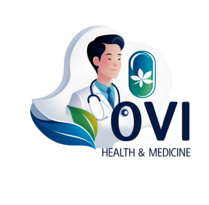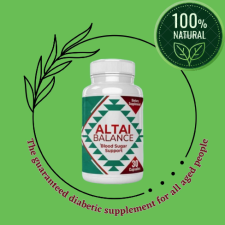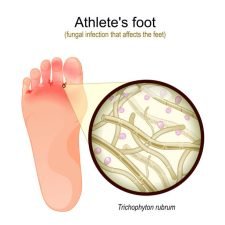Your cart is currently empty!
Women’s Health
The Best Exclusive women’s health
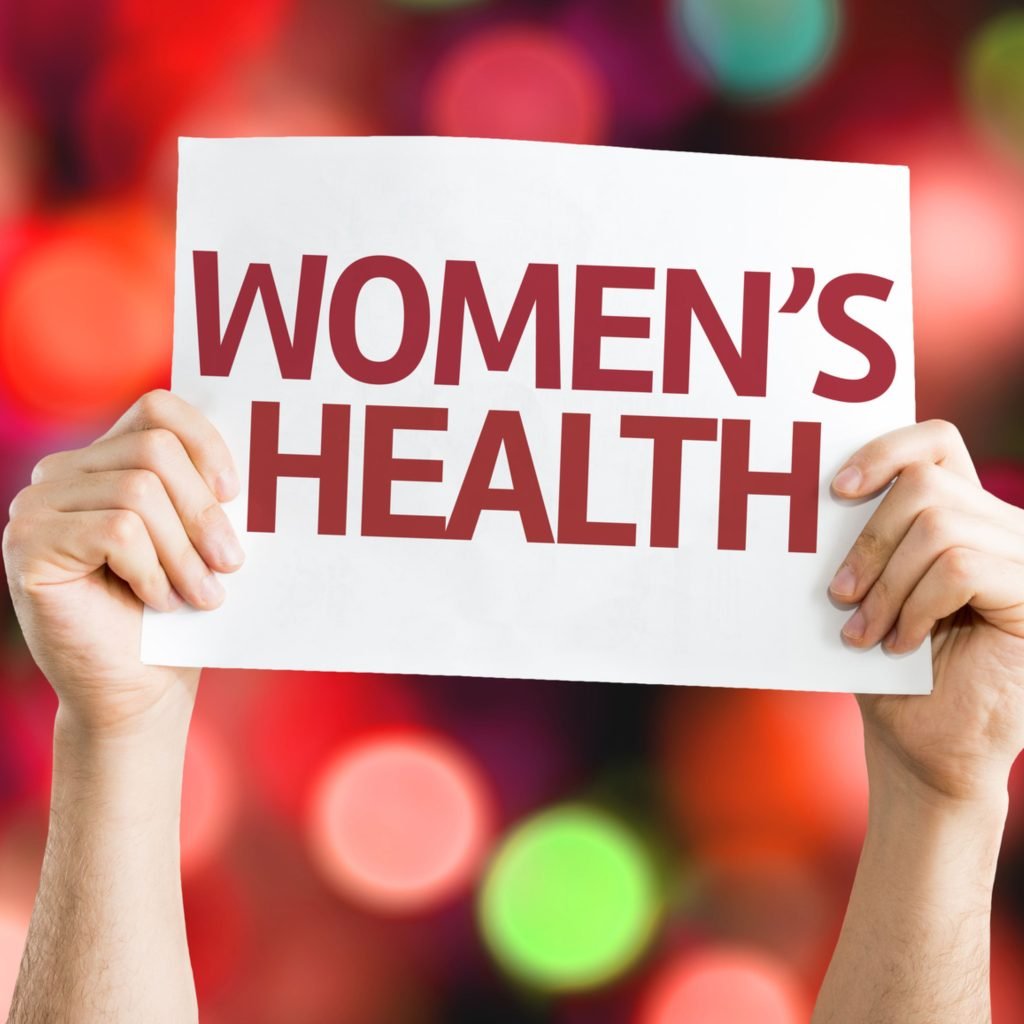
Take care of yourselves, women. You won’t get another body only this one.
On National Women’s Health and Fitness Day, Kimberly Fordham, MD, offers this advice. Dr. Fordham, a family practitioner at Adventist Health with a specialty in women’s health, says, in order to care for the
For future generations, we must first take care of ourselves. The experiences of pregnancy, birth, and
Breastfeeding is a blessing for women. We are the ones who take care of and feed other people. How
Can we care for anyone else if we don’t care for ourselves first?
How to Be a Healthier Woman: 8 Steps
1. Go see your primary care doctor
Women can take a variety of actions to achieve—or maintain—good health. The first step is to schedule
A visit with your doctor so you can determine what to focus on.
According to Dr. Fordham, it’s always a good idea to be aware of your current state of health.
2. Take a look at your diet
Dr. Fordham advises screening for silent killers so you can identify them early.
Dr. Fordham advises that everyone eat more healthfully If we all followed the same food regimens that
If people with diabetes do, the world would be a healthier place such a diet consists of:
Consume fewer meals that are heavy in sugar. Taking more frequent, smaller meals throughout the day.
Being watchful with your intake of carbs. Consume a range of whole-grain meals, fruits, and veggies
Every day, Consume less fat and avoid drinking. Lessen your use of salt (sodium) quoting ask many of my
Patients would start putting potato chips in a really expensive car if they bought it you must put
The best gasoline in your pricey automobile, your body, in order to achieve the best outcomes.
3. Get moving
Dr. Fordham laments that many of us are very sedentary, very stuck on our screens. We won by
Heading outside and relocating. If we were exercising, wed be more physically fit overall, and have lower
Depression ratings, feel better, have more energy, and sleep better. A minimum of 150 minutes of
Moderately vigorous activity each week, or 30 minutes most days of the week, is advised by experts.
4. Keep an eye on what you consume.
Keep hazardous toxins out of your body. Alcohol, cigarettes, and marijuana. You should never put these
Items in your body.
5. Prioritize sleep
A lot of us don’t get enough restful sleep. And if you don’t get enough restorative sleep, you won't have
The energy to look after anyone, let alone yourself, adds Dr. Fordham. Consider having a sleep apnea
The test is done if you’re having trouble sleeping. Try to obtain seven to nine hours of sleep per night for your health.
6. Reduce stress
Dr. Fordham states I have the Five Blessings rule when I start becoming anxious. Start counting your
Blessings, in other words. What in your life is doing well? “By the third one, I say, “Okay, I have all these good things in my life. My perspective has completely altered after the sixth one.
7. Learn to say
Saying when necessary is a crucial skill. We must accept that we are limited in number, and we must
Choose our priorities wisely, says Dr. Fordham. Is it OK to decline some requests made of you?
8 Record all of your medical appointments.
Ten of the key concerns pertaining to women’s health that keep me up at night are listed below:
Two of the most common malignancies that afflict women are breast and cervical. The early
Identification of both of these cancers is crucial to maintaining women’s health and longevity. The most
Current statistics available indicate that 500,000 women globally pass away from cervical cancer and
500,000 from breast cancer each year.
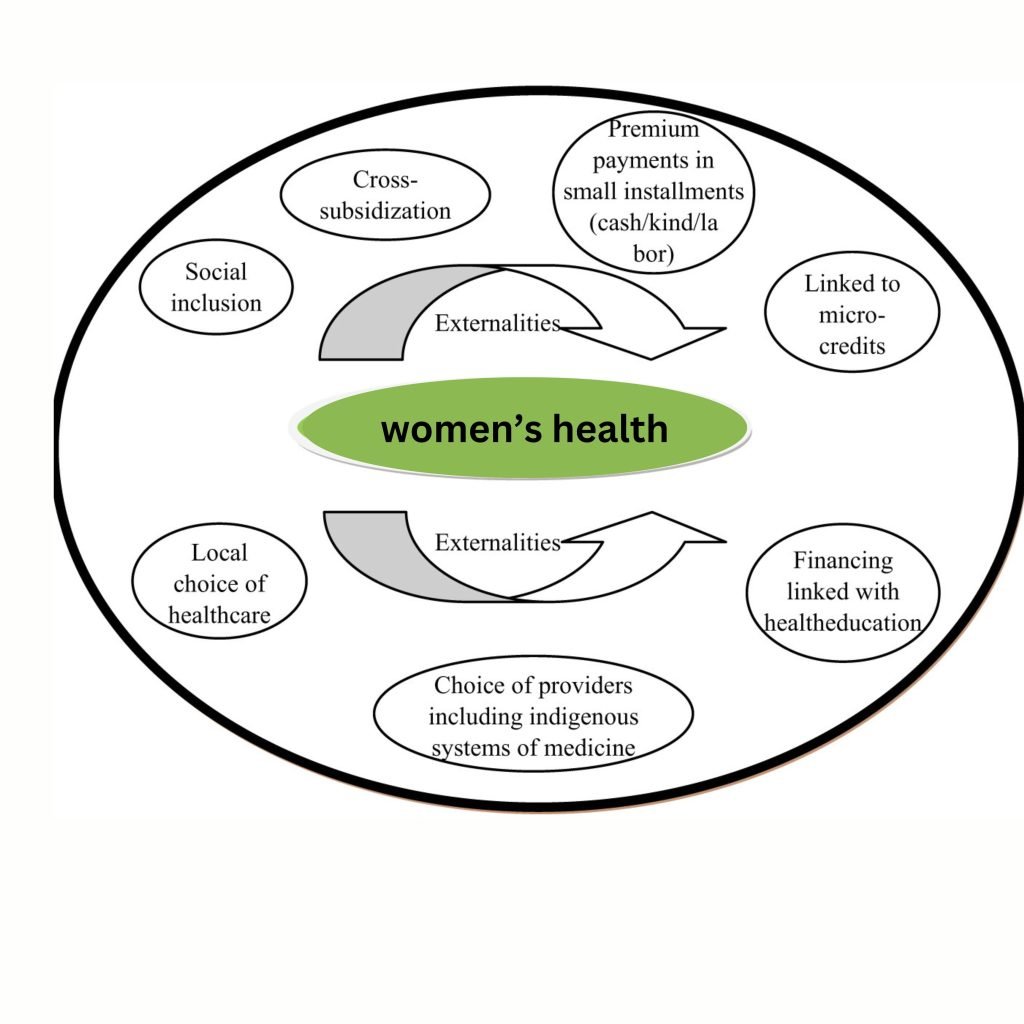
Reproductive health: For women between the ages of 15 and 44, difficulties with sexual and Reproductive health accounts for one-third of all health disorders. Especially for girls and women in impoverished nations. This is why reaching out to the 222 million Women who aren’t receiving the contraception they require are so crucial.
Maternal health: Thanks to significant advancements in pregnancy and delivery care made during the
In the past century, many women are now reaping the rewards. However, not everyone can enjoy these
Advantages, in 2013, close to 300 000 women lost their lives due to difficulties during pregnancy And delivery. If family planning services and some other quite basic services had been available, the majority of these fatalities may have been avoided.
HIV: Three decades into the AIDS crisis, the majority of new HIV infections are among young women. Too many young women still struggle to get treatment and security against HIV sexual transmission That they need. Additionally, this leaves them particularly vulnerable to TB, which is one of the leading Causes of death for women in the 20- to 59-year-old age group in low-income countries.
Sexually transmitted illnesses (STIs): previously stressed the need of guarding against HIV and the Most prevalent STI in the world is the human papillomavirus (HPV). Yet it’s also essential to Do a better job of combating gonorrhea, chlamydia, and syphilis via prevention and treatment Women can experience a variety of different types of violence, but physical and sexual abuse —Whether committed by a spouse or another person — is especially heinous. Today, one in three women Under 50 has suffered physical or sexual abuse by a spouse or from a non-partner, which has a short-negative long-term effects on their physical and mental well-being. Health professionals must be Vigilant about violence so they can support those who are experiencing it and contribute to its Prevention.
Mental health: Research indicates that women are more likely than males to develop somatic Complaints, which are bodily symptoms that cannot be medically explained. Depression is the most Common mental health conditions Common mental health conditions among women, and suicide is the leading cause of death for females Under 60. It is crucial to aid in raising awareness of mental health concerns among women and Empowering them to seek help.

No communicable illnesses: In 2012, 4.7 million women worldwide—mostly in low- and middle-income
Nations—died before the age of 70 as a result of non-communicable diseases. Road traffic accidents,
Dangerous cigarette use, alcohol abuse, drug and substance misuse, and obesity—more than 50% of
Women are overweight in Europe and the Americas—was the main cause of their deaths. A long and
Healthy life depends on assisting girls and women to choose healthy habits at a young age.
Being youthful Teenage females must deal with STIs, HIV, and pregnancy, as well as other issues related
To their sexual and reproductive health. Every year, over 13 million teenage girls (under 20) give birth.
For those young moms, complications from those pregnancies and deliveries are the main cause of
Mortality.
Growing older: Because they frequently worked at home, elderly women may have fewer pensions and
Benefits and less access to social services and health care than males. When you combine the increased
Likelihood of poverty with other aging-related illnesses like dementia, older women are also more likely
To experience abuse and generally bad health.
I always remind myself that the world has advanced significantly in recent years as I lie awake worrying
About women and their health throughout the world. Aiming to provide young females with a successful start in life.
Additionally, there has been an increase in high-level political will, which was most recently
Global Strategy for Women and Children’s Health
Demonstrated by the Global Strategy for Women and Children Health released by the UN Secretary-General. In several nations, the use of services has grown, particularly those related to sexual and
Reproductive health. Girls’ school enrollment rates and women’s political engagement have increased
Globally, which are two critical elements that affect women’s health.
But we haven’t arrived yet. In far too many nations in 2015, women’s empowerment is still only a
Rhetorical flourish tacked onto a politician’s speech. Too many women continue to lose out on the
Chance to further their education, provide for themselves, and get the healthcare they require when They do.
WHO:
That is why WHO is working so hard to improve health systems and make sure that nations have reliable
Financial structures, and make sure there are enough skilled, motivated health professionals in each
Country. For this reason, from March 9–20, 2015, in New York, WHO will join forces with the UN and
Other international partners at the UN Commission on Status of Women. We will revisit the
Commitments made in the 1995 Beijing Declaration and Platform of Action in order to redouble our
Efforts to end the injustices that prevent so many women from accessing quality healthcare.
WHO and its co-workers are creating a new global strategy for women children, and adolescents’ health.
